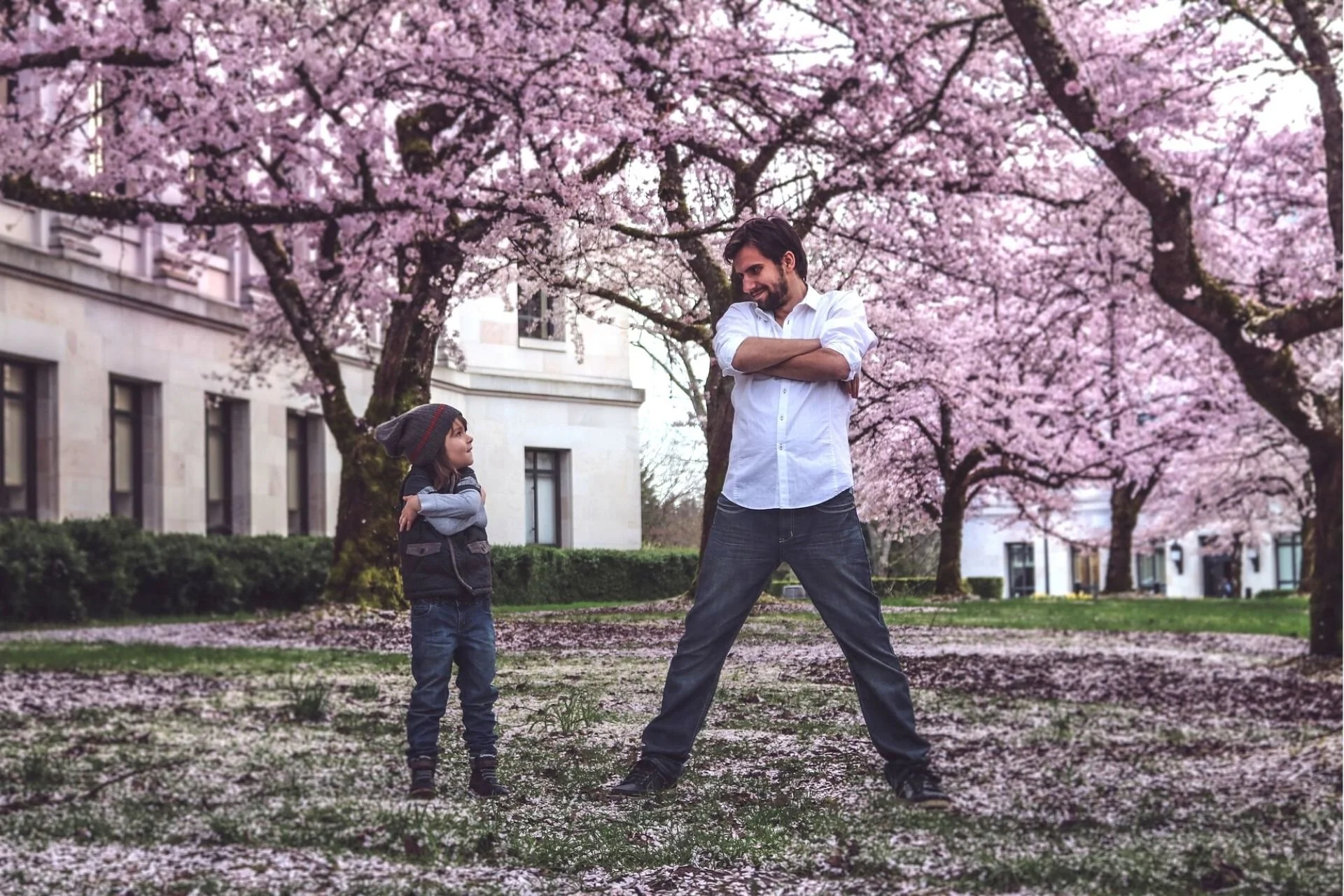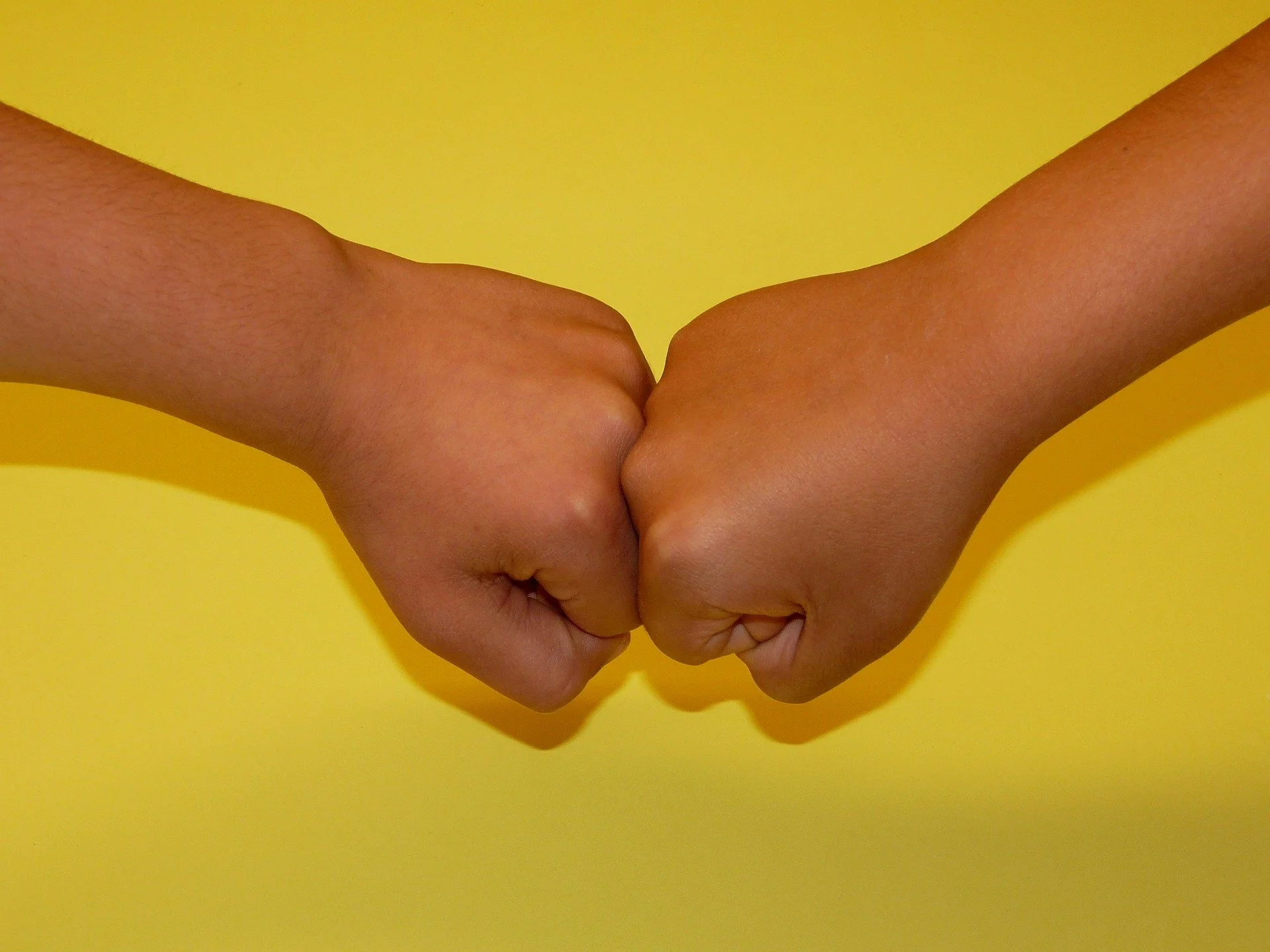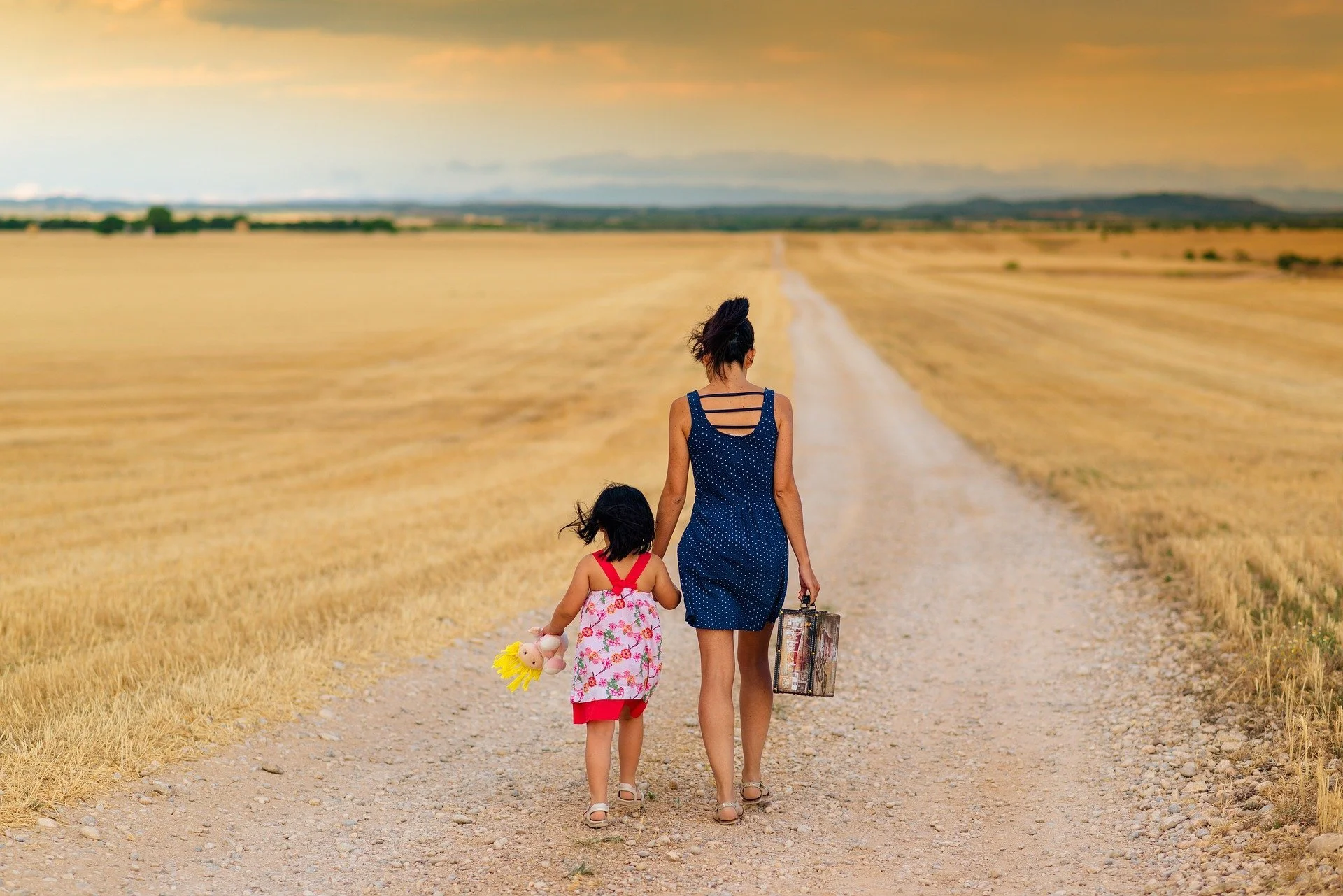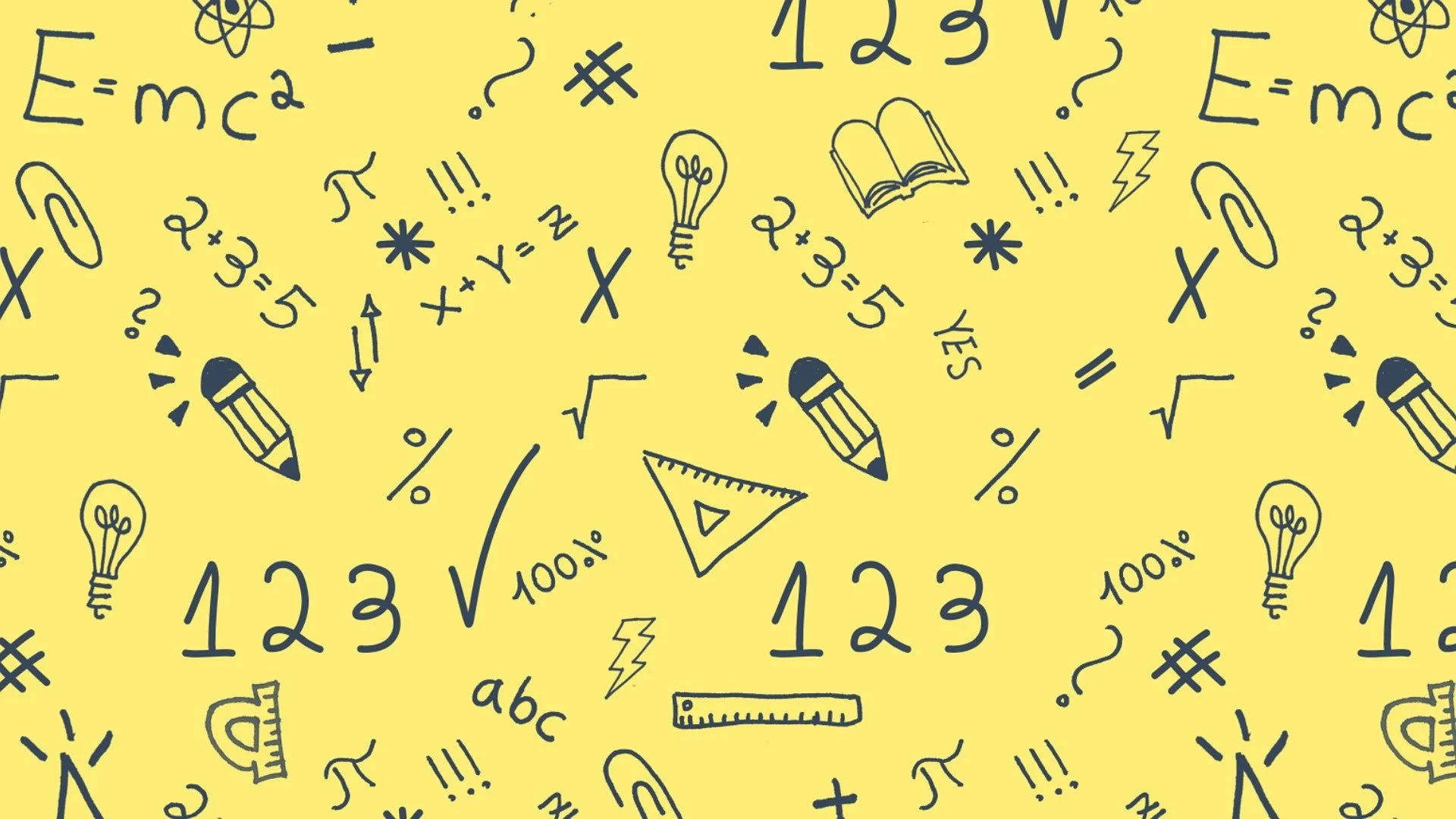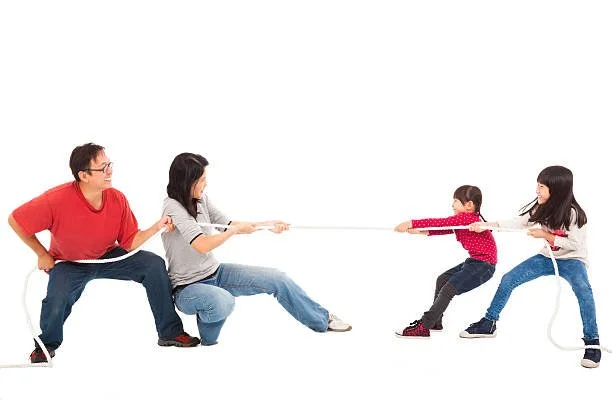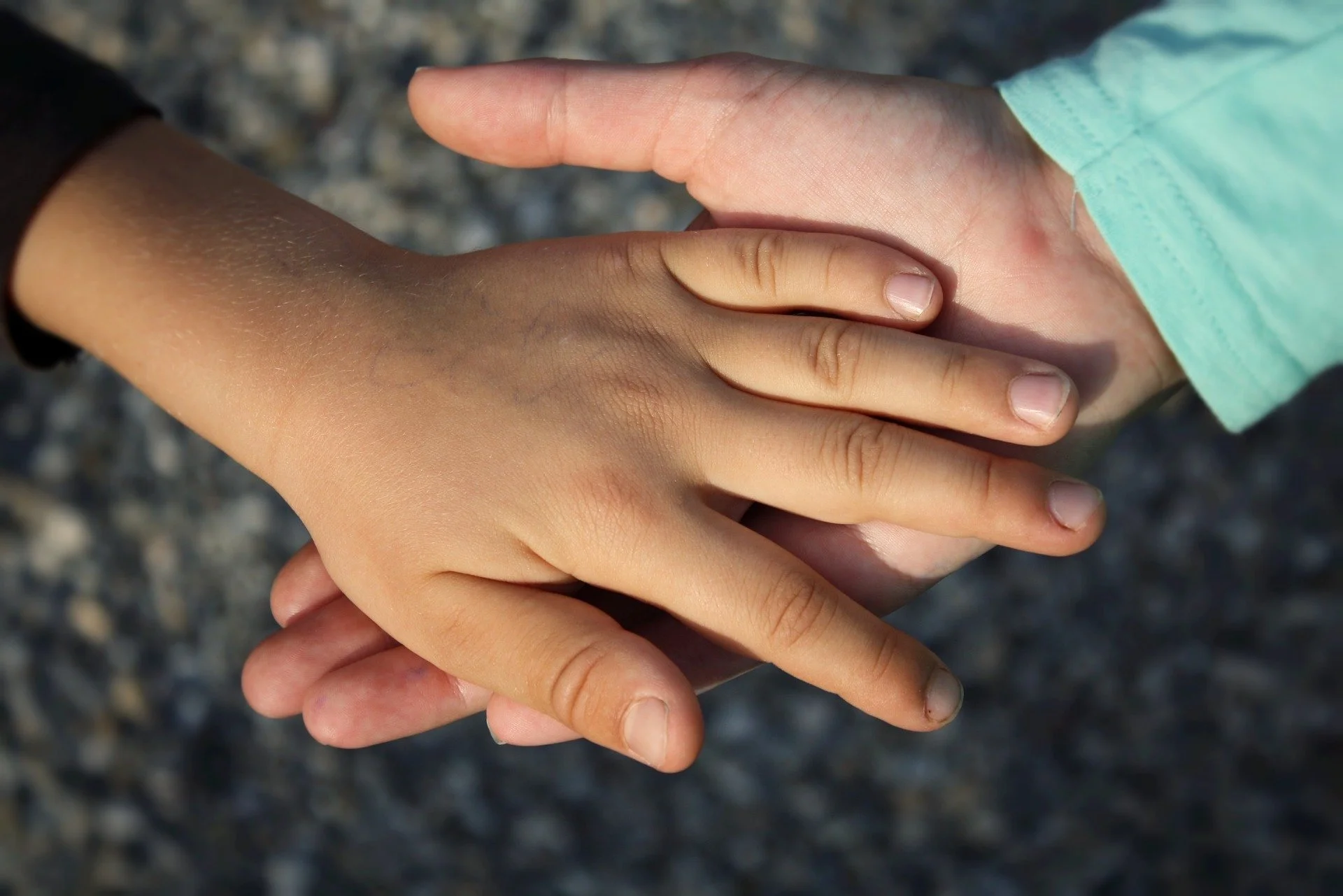Research Program
I don’t believe in the question: If you could pick one superpower, what would it be? I think we all already have one! Mine is keen observation, particularly in the social realm. I’ve always had this salient understanding, that humans become literate through their social worlds. Using my superpower, I study children, families, and group dynamics through observations of their behaviour in social interactions between individuals and within groups.
My primary area of study surrounds children’s use of social power as it presents itself in different contexts (e.g., family, early learning programs, community). Social power is an attribute of social relationships, naturally part of our interactions in all social realms (e.g., personal, familial, and organizational systems). I believe social power to be just as impactful, if not more, on the lives of children as in the lives of adults.
The end goal is to build knowledge and understanding on the concept of social power in children’s learning and development and recognize how it can complement other aspects of children’s well-being, including agency and assertiveness, social justice and equity, and multiliteracy.




